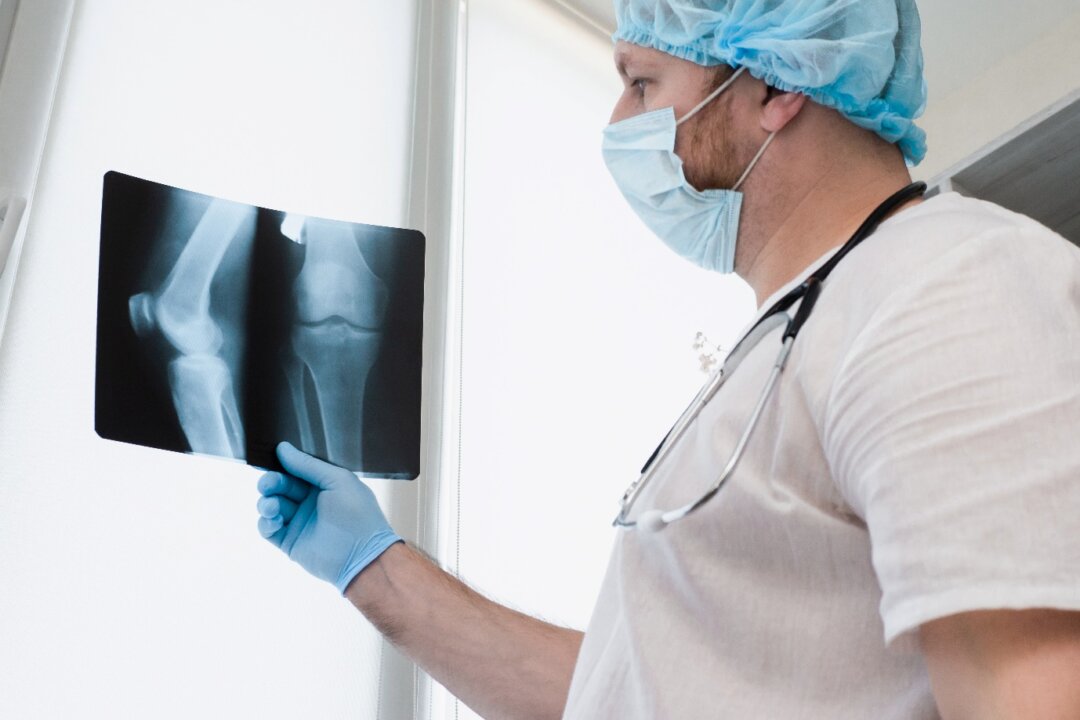Osteoporosis is a bone disease that increases the risk of fractures. In addition to supplementing with calcium and vitamin D, some patients with severe osteoporosis may need to take oral medications or receive injections, which can lead to a range of side effects. Dr.
Hung-Chien Wu from Taiwan’s E Sheng Chinese Medicine Clinic recommends improving bone density through diet therapy, acupressure, and regular exercise. Low m uscle m ass: People with low muscle mass often exhibit nutritional deficiencies, especially those identified as having a C-shaped body type by the INBODY machine (a medical device to measure the body’s composition and fluid status). Individuals with this body type have a lower muscle-to-bone ratio and a higher susceptibility to osteoporosis.

Nutritional deficiency: Inadequate nutrition, particularly insufficient intake of vitamin D and calcium, is a significant factor contributing to osteoporosis. Lack of exercise: Weight-bearing exercises can help increase bone density. Lack of sun exposure: Vitamin D3 synthesis requires sunlight, which is abundant during outdoor activities.
Those who avoid sun exposure increase their risk of osteoporosis. Menopausal w omen: During menopause, women experience reduced levels of female hormones, which affect calcium and vitamin D3 levels in the body. This, in turn, decreases bone density and increases the risk of osteoporosis.
Rhizoma Drynariae (Gu Sui Bu) Radix Dipsaci (Xu Duan) Eucommia bark (Du Zhong) Mulberry Mistleto.























